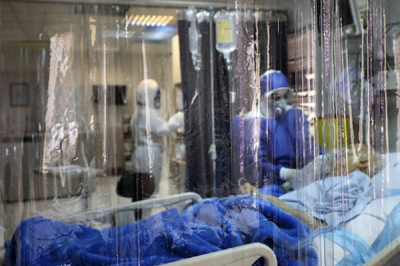Tuesday December 22, 2020 | VICTORIA, BC
Editorial | by Mary P Brooke, B.Sc., editor | Island Social Trends
Yesterday afternoon Provincial Health Officer Dr Bonnie Henry was put on the spot by media for co-authoring a book about her personal experience with COVID-19 (and additionally for announcing it so close to Christmas and deep in the second wave of the pandemic).
According to Health Minister Adrian Dix in the same December 21 COVID teleconference (a ritual that always begins with Dix’s introduction of Dr Henry followed by the top doctor’s “and good afternoon”), he is impressed or a bit starstruck that she could write a book in six days and saw no conflict of interest (or tried to deftly deflect it).
While it’s no one’s business what anyone does during their time-off, that Dix thought it was impressive for Dr Henry to spend her six-day downtime to fire off a book manuscript lays bare the fact that less time was spent “reflecting upon” the pandemic, as Dix said was the case a few months ago as the second surge gave everyone food for thought. As any writer knows, writing for publication takes a huge chunk of time. Where was the downtime?
Apparently proceeds from the sale of the co-authored book will be directed to charity. But the concern here isn’t so much about the money. If anything, when someone says all proceeds from their efforts are going to charity it’s a big billboard that says they are not in need of further personal resource; that also doesn’t sit right at a time when most people are struggling.
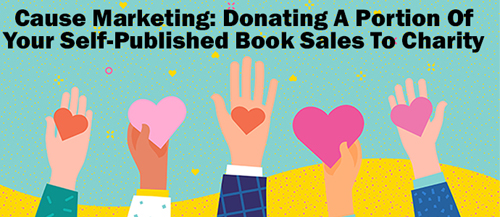
As if Dr Henry hasn’t already achieved a permanent level of stardom (if not already having become a fixture of BC history) due to her unique leadership role in the COVID-19 pandemic, hey why not add a little spice to the hot dish with a book (a personal tale shared with Dr Henry’s sister) that — as Minister Dix says — will soon be on sale at the independent bookstore in his neighbourhood. Where were the government’s public relations bodyguards ahead of this fiasco?
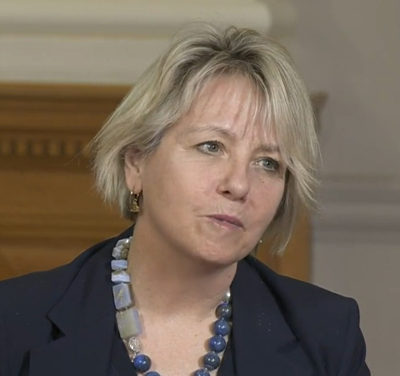
Tacky at best, tasteless no doubt, and inappropriate as a public release for her own exercise of personal life balance… the timing of this book’s release serves to erode the high place that many in BC have allowed for Dr Henry and the BC political group around her. Afterall, Dr Henry and her “political masters” (as she once called them in a media session earlier this year) have generally kept British Columbians above water during the pandemic.
It also looks bad on a publishing company that would use the days just ahead of Christmas during a worsening phase of the pandemic to promote this.
All of this is a mild flavour of the human hubris that got the world into trouble leading up to this pandemic in the first place.
A tired dance:
Timing is a big part of the recipe for success in life. The recipe of Dr Henry’s and Horgan’s ‘let public health lead the way’ approach has suddenly just lost some of its flavour for people as a result of this episode.
As Island Social Trends (then West Shore Voice News) pointed out back in April, there is a dance between politicians and public health in this pandemic. One performing partner needs the other. They know the dance. Every COVID media session has some numbers rolled out with formulaic precision by the PHO and others by the Minister.
But most politicians during COVID have not kept enough pull on the public health rope (perhaps now notably in BC). There are some high-profile examples of finally doing so — whether by design or by eventually stumbling upon the need to take a firmer lead.
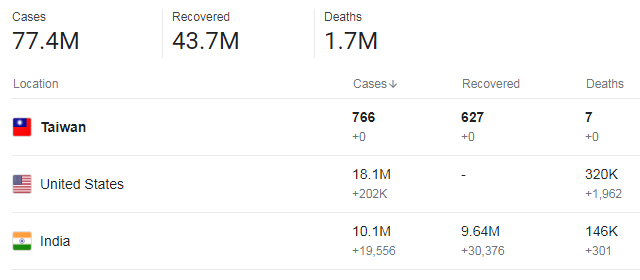
Those examples might include the Alberta premier’s valiant attempt to support the economy as it cascaded downward and finally instituting lockdowns, and just today Ontario Premier Doug Ford calling a province-wide lockdown (though not until after Christmas when most of the social-gathering damage-by-COVID will have been ignited). Germany had considerable first-wave success (their chancellor has a PhD in quantum chemistry) but people rested on their laurels and they’re now in a ferocious second surge seeing. Taiwan is a brilliant example of success where COVID has not scoured the country (only seven deaths during the entire pandemic so far), but the trade-off is that people had no choice as to lockdowns and other restrictive measures.
For anyone who does not think the COVID pandemic is on parallel with fighting a war: what prices are we paying to protect our freedoms?
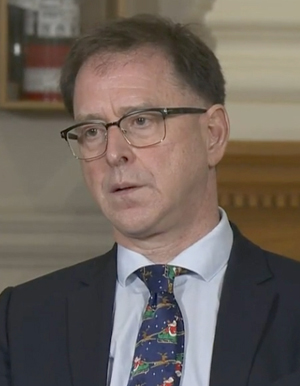
Frankly, most politicians have had no choice but to let dedicated scientists deal with rolling out the details around dealing with the virus — it’s a health issue. But equally so, politicians have indeed had the opportunity (and the choice) to get themselves up to speed as to the consequences of public health decisions — and it’s their job to do so. Yes, the pandemic is bigger than any of us, but there is never a right time to ease up on taking the necessary measures for protection of the population.
Meanwhile, 41 deaths (5.3% of total deaths to date — and most in long-term care) and 1,667 new COVID cases in BC (3.5% of total cases to date achieved in just one weekend) were reported for the three-day period from Friday December 18 to today Monday December 21. That’s quite a hefty contribution to the overall BC COVID pandemic data profile in three days.
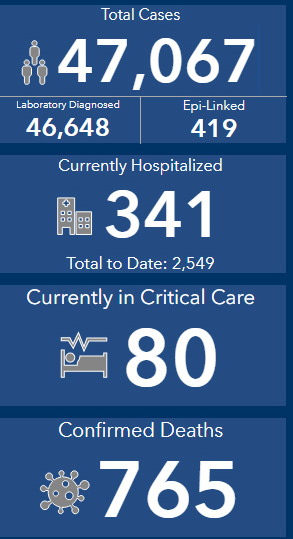
Dr Henry was also asked yesterday why BC is the only province that does not report case numbers on weekends. It skews the true tracking of the data for the average attentive resident of BC, and throws off the reporting of numbers by national media.
Case in point, one early morning news anchor on CBC News Channel got the numbers entirely wrong on November 12, probably because a desk editor in Toronto wasn’t intimately acquainted with the BC process of not reporting data on statutory holidays, as Remembrance Day was the previous day.
That’s not a criticism of an honest oversight by a staffer, but an example of how the data reporting inconsistency lends itself to errors in public understanding. Any Monday’s BC CDC dashboard is out of synch with the totals verbally delivered by public health and health minister on that day (e.g. yesterday we heard about 41 deaths yet the one-day dashboard shows 11 new deaths).
While BC media will parse out the daily detail that British Columbians are accustomed to incorporating into their own understanding of current pandemic conditions, the overall message hoped-for by public health somewhat loses its punch, and frankly makes it harder to stay on top of a clear set of numbers.
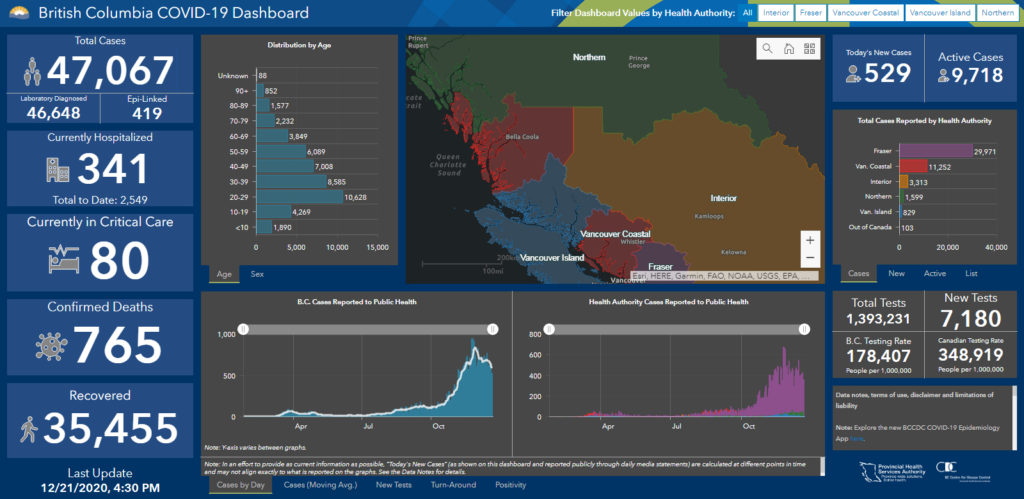
Dr Henry’s open admission today that non-daily COVID data reporting has been a conscious management choice (as a way to give the epidemiologists a bit of downtime, for personal balance) is forgivable under normal circumstances. But a raging pandemic is not a normal circumstance.
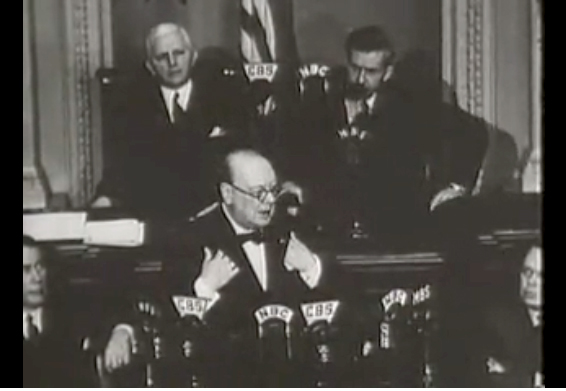
Just like in Britain ahead of WWII when society and its politicians (except Winston Churchill) wanted to keep their heads in the sand and try to prop up society as they knew it (figuratively fiddling while Rome burned), this approach of trying to maintain a bit of normalcy as the walls are crashing down is blind to the urgency of the pandemic as it impacts the lives of most British Columbians (now and forever).
Of course Dr Henry is aware of things going on in the province. And maybe keeping some of the BC Centre for Disease Control (BC CDC) team on pause one or two days a week is wise management of personnel against fatigue. But perhaps it’s time to ease into sharing the burdensome reality of the rest of BC’s economy and workforce, and to integrate with the rest of Canada’s pandemic data reporting system.
The role of media:
These might seem to be off-point or tasteless observations to be reported alongside a three-day count of 41 more COVID deaths and 1,667 new cases, and presently 80 people in critical care. But that’s the role of media, to bring constructive counterpoint to any issue of importance to the public, regardless of how uncomfortable that might be.
The fact that professional media would delve into these realms at a time when there are presumably ‘bigger fish to fry’ (like a new variant more transmissible strain COVID, a limited number of vaccine doses, and hospitals fighting valiantly in near-capacity conditions — though there were also questions on those topics on Monday) bears evidence about the importance of not missing things that disturb the populace.
[An insert here: Finance Minister Selina Robinson’s thanks to professional media for tirelessly covering news of COVID all year long is a bare minimum of the regard that is needed for the journalism profession in BC this year. Kudos to the BC NDP cabinet for presumably backing her in that statement that she quickly remembered to make during her financial update last week.]
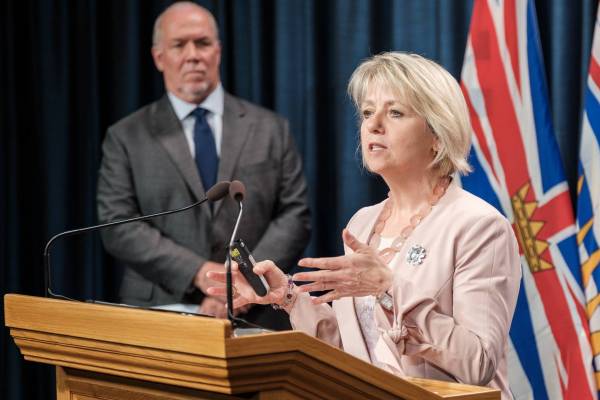
This business of reporting-out COVID-19 data has become a mainstay of BC ‘s current sociopolitical culture and its high-profile players have become used to living on its stage. They — as the medium of delivery — have in many ways now become the message.
That’s not to say that BC’s public health and political leadership have been disregarding their duties or being unprofessional in their delivery of public health or effective government policy. Au contraire, they have done much to protect and guide the health, safety and economic stability of British Columbians.
Public response:
However, this double-whammy of book-release and defending imbalanced data reporting does indicate that they are losing perspective on how most of the rest of British Columbians are wrestling with the impacts of the pandemic. To use the royal metaphorical dalliance ‘we are not amused’ might be the generalized response of the public to today’s media glare on the co-authored book and the government’s blind eye as to the callous timing and disregard for the perception of inappropriate personal gain.
For citizens who rely on a government to watch out for their best interests — especially in times like this — today was a shadow cast on that implicit degree of trust. Tarnished trust might be stating it a bit too harshly, so we could instead say a bit of a barrier is put up against the drama, so that the rest of us can stick to dealing with the tasks and dire meanings that we are bound to in these leaden days.
Media at work for democracy:
Note, that neither of these questions on Monday (the book or the 3-day reporting period formula) were questions from Island Social Trends. They arose independently from two reporters from other news outlets during the live media teleconference format that has become a mainstay of 2020 for professional media.
Today there was possibly a collective pride among mainstream colleagues for wading into these waters. The role of news media in today’s overload of social media is to continue to drive the public discourse forward. In these few days leading up to Christmas, this was an inspiring moment of witnessing the beleaguered exercise of honest journalism. And good on their news organizations for supporting them in this effort of helping to keep journalism performing in service to democracy.

===== About the writer: Island Social Trends editor Mary P Brooke holds a B.Sc. in health science (including community education) and a certificate in public relations (including studies in mass media).
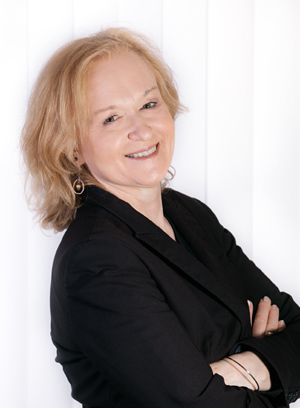
The use of ‘plain English’ and letting the message speak louder than the medium (format) are key planks to Ms Brooke’s core strength in maintaining her publication now more than a decade in the south Vancouver Island area. Putting the reader first and the community in equal position to that, means that the real message will be shaken loose of the packaging around it.
Ms Brooke wrote the inaugural curriculum for the Writing for Business & Journalism program at the Western Academy of Photography in Victoria, BC. Her publication offers an opportunity for emerging young journalists to exercise a responsible but unbound form of reporting to the people.


